Keywords: Global Financial Crisis
There are more than 200 results, only the first 200 are displayed here.
-

ECONOMICS
- Veronica Sheen
- 13 December 2016
5 Comments
Over the last two decades we have seen a process of job polarisation. There has been growth in high end jobs, but mostly in low end jobs, the outcome of which has been the hollowing out of middle level jobs. This hollowing out of the middle also relates to greater wealth polarisation, as French economist Thomas Piketty has brought to light. The labour market is under a lot of pressure from many angles, so what does this mean for the project of women's equal opportunity in employment?
READ MORE
-

ENVIRONMENT
- Frank Brennan
- 28 November 2016
'No matter what the economic, political and legal problems confronted by modern day India, our response can be improved by an application of the key principles and norms developed in the international law of trade and human rights, helping to enunciate the realm of law, regulation and political accountability, enhancing public scrutiny providing the right environment for doing business.' Frank Brennan presents the 25th JRD Tata Oration, Xavier School of Management, Jamshedpur, India, 26 November 2016.
READ MORE
-

ECONOMICS
- David James
- 10 October 2016
2 Comments
The strategy of the Big Four banks' appearance in parliament was clear enough. Blame the whole thing on a need to improve impersonal 'processes', imply that there have been a few bad apples but overall things are fine, and promise to do better in the future. The greatest challenge was probably to hide the smirks. A royal commission is being held up as an alternative, and no doubt it would be more effective. But a royal commission would not address the main issue.
READ MORE 
-
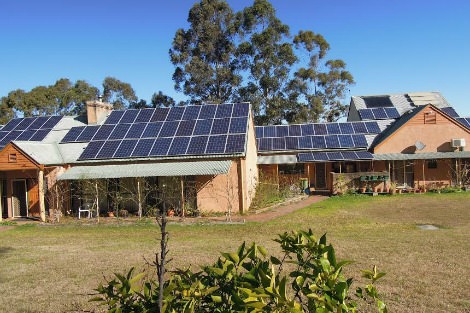
ENVIRONMENT
- Thea Ormerod
- 09 September 2016
10 Comments
With the grip of climate change tightening, few seem to understand the urgency of the crisis. This is why the announcement of over 3500 churches in the UK switching to clean power is so significant. At last, a solution presented by religious communities that matches the scale of the problem. They are providing the kind of leadership for the needed transition to an ecologically sustainable future. Unfortunately, one reason why it is so exciting is that we're nowhere near this in Australia.
READ MORE 
-

ARTS AND CULTURE
- Tim Kroenert
- 25 August 2016
War Dogs is the latest in a string of films from the past few years that are custom made for our cynical times; deeply ironic black comedies and dramas featuring antiheroes who profit to the point of excess off the misery of others. Where those films dealt with the finance industry and gained relevance from the backdrop of the Global Financial Crisis, this one shifts focus to the grimier world of arms dealing, in the context of Bush era conflict in Iraq and Afghanistan.
READ MORE 
-
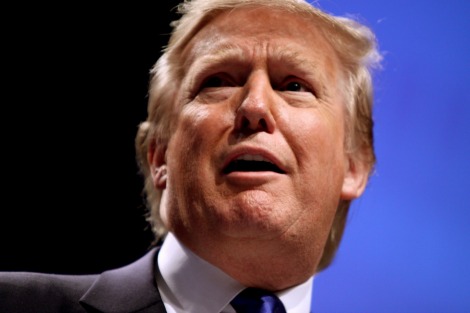
INTERNATIONAL
- David James
- 09 August 2016
15 Comments
The main legislative catalyst for the GFC was the repeal, in 1999 by Bill Clinton, of the Glass Steagall Act, which had prohibited commercial banks from engaging in the investment business. This allowed the investment banks to indulge in the debauch of financial invention that almost destroyed the world's monetary system. Trump has made the reinstatement of Glass Steagall official policy. Should that happen, it could be the most beneficial development in the global financial system for decades.
READ MORE 
-
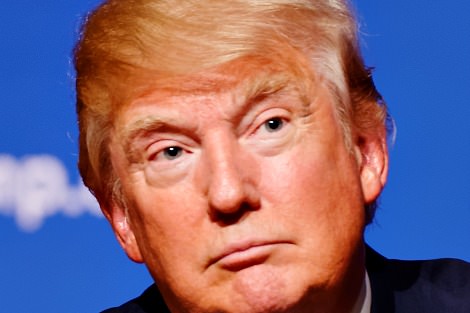
ENVIRONMENT
- Greg Foyster
- 03 August 2016
6 Comments
The neoliberal right is losing political power to the populist right, which isn't filled with the same ideological zeal for free-market capitalism. Suddenly debates can expand beyond the narrow confines of economic growth. Moral and social arguments won't be relegated to the intellectual fringes anymore. Mainstream parties of the left and right, both of which bought into the neoliberal agenda, will have to break their bipartisan dismissal of discontent with the side effects of globalisation.
READ MORE 
-
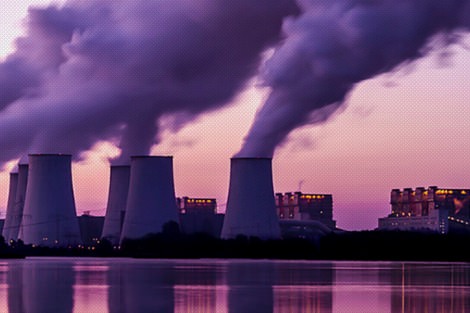
ENVIRONMENT
- Thea Ormerod
- 21 June 2016
4 Comments
An accelerating number of institutions and individuals are moving their money out of planet-heating fossil fuels and into climate solutions. The total assets guided by some form of divestment policy was $3.4 trillion at 2 December last year, 50 times more than what was up for divestment 12 months earlier. It sounds like a lot, but it's a small amount compared to the $100 trillion-plus invested in the usual way. That's our money, in banks and super funds, managed funds and insurance companies.
READ MORE 
-
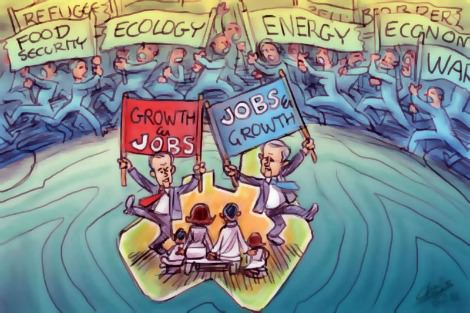
AUSTRALIA
Living within the United Nations community I've witnessed Australia fall from a well-respected international citizen, to becoming the spoilt, sneaky brat of international relations. Even the most blasé glance at the geo political currents moving through the planet reveal complexities this election pretends don't exist. Australians fighting about jobs and growth in the corner comes across as deeply deluded isolationism. The Great Barrier Reef is dying. The world is watching. Hello Australia? Anybody home?
READ MORE 
-

ECONOMICS
- David James
- 18 April 2016
11 Comments
Three finance-related events are currently gaining great attention in the media. One is the so-called Panama Papers. Another is the proposal to have a royal commission into the banks. And a third is the furore over the unaffordability of homes and the debate over negative gearing. On the surface they would seem to be quite separate issues. But all three issues demonstrate yet again that banks are, if not the most malign organisations on the planet, then certainly among the most dangerous.
READ MORE 
-
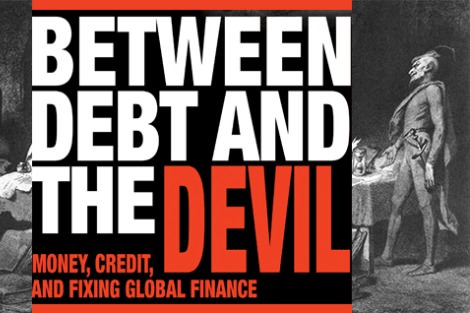
ECONOMICS
- David James
- 26 February 2016
8 Comments
It is not often that federal political parties exhibit courage. Labor's decision to change the rules on negative gearing is a rare instance. It targets what is most dangerous and unfair in our financial system. Expect howls of protests from powerful lobby groups if it ever looks like becoming policy. But these changes alone won't be enough to deal with the ills of the financial system. While they are designed to target the bias away from productive investment, they won't remove the attraction towards property.
READ MORE 
-

INTERNATIONAL
- J. R. Hennessy
- 19 February 2016
24 Comments
The aftershocks of the late-century push for liberalisation and the GFC have bred generations of dislocated voters who seek answers outside of the limited solutions of centrist governance. This provides ample opportunity for true progressive change, as seen in Europe and Latin America, and now the US and UK. Where's Australia? Nowhere to be seen. It is hard to imagine a truly progressive candidate emerging from our ossified political structures. There are a few reasons for this.
READ MORE 